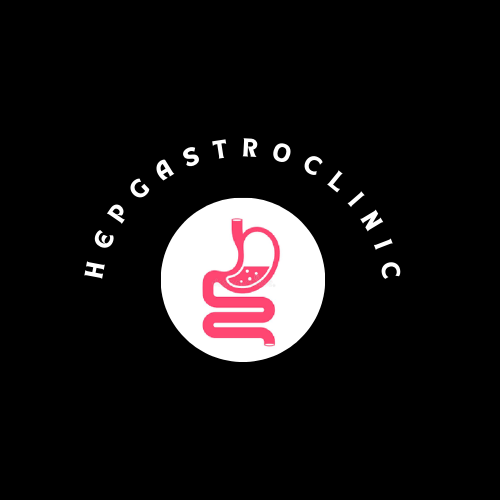Jaundice Symptoms, Causes, Treatment & Prevention
Jaundice is an illness caused by the
buildup of bilirubin in the blood. It causes jaundice of the eyes and skin.
Learn about its symptoms, causes, treatment, and prevention.
What is jaundice?
It is the yellowing of the whites of
the eyes, and in the case of severe jaundice, it may reach a yellowing of the
color of the skin itself because of an increase in the rate of bile pigment in
the blood.
The bile pigment is formed because
of the breakdown of hemoglobin in red blood cells as part of the normal process
of recycling old or damaged red blood cells. Then the bile pigment is excreted
by the liver into the bile ducts as part of the bile to reach the intestines
and from there to the stool, while a small amount of the bile pigment is
excreted in the urine.
Types and causes of jaundice:
Hemolytic jaundice:
Where the proportion of bile pigment in the
blood increases because of the increased breakdown of red blood cells, as in
diseases such as malaria, and cases of chronic red blood cell breakdown such as
cases of thalassemia.
Obstructive jaundice:
As a result of a blockage in the
main bile duct of the liver, which obstructs the access of bile to the
intestines.
Causes of bile duct obstruction:
Gallstones: It is one of the most
common causes of blockage of the bile duct because of the descent of small
stones (less than 1 cm) from the gallbladder to the bile duct.
Biliary tract tumors.
narrowing of the bile duct
Pancreas cancer
Worms such as Ascaris or Fasciola
Hepatic jaundice:
As a result of some diseases that
may lead to a failure in the functions of the liver, it cannot get rid of the
bile pigment properly, which leads to an increase in its percentage in the
blood, such as:
Acute viral hepatitis due to viruses
A, B, C, D, or E.
Autoimmune hepatitis
Primary biliary cirrhosis and
sclerosing cholangitis
Some medicines such as birth control pills and
some medicines such as antibiotics.
Excess alcohol intake.
Cirrhosis of the liver, whatever its
cause.
Malignant liver tumors
Symptoms of jaundice and accompanying symptoms:
Yellowish discoloration of the eye
and skin.
Change in urine color to dark brown
as in the case of obstructive jaundice or hepatic jaundice and not hemolytic
jaundice.
Abdominal pain and severe cramps in
obstructive jaundice, especially in the presence of gallstones.
Symptoms of liver failure, such as
ascites, vomiting blood (bleeding esophageal varices), and hepatic coma in case
of hepatic jaundice.
Anemia in the case of hemolytic
jaundice.
When does a jaundiced patient need an urgent consultation with a doctor?
High temperature and shivering
Weight loss
Rectal bleeding or vomiting blood
Stool turning black
Decreased amount of urine flowing
per day
Diagnosis of jaundice:
A blood picture to detect anemia, as
in the case of hemolytic jaundice
Bilirubin level and liver enzymes
kidney function test
Liver virus analysis in case of
hepatic jaundice for virus A especially in children, viruses B, C, or E.
Abdominal ultrasound:
It is the most important examination
to discover the cause of jaundice, such as cirrhosis of the liver or blockage
of the bile duct.
Endoscopy of the bile ducts (ERCP):
It is a thin, flexible tube with a camera tip
that sends images to a screen. The endoscope is inserted from the mouth into
the esophagus, then the stomach, and then the duodenum until we reach the exit
of the bile duct into the duodenum, where a catheter is inserted into the bile
duct and a dye is injected, which is at this moment radiography is done to examine
the bile ducts and determine the location of the blockage and its cause, and
not only this. It is possible to unblock the bile duct by removing stones
inside the bile duct or installing a stent for the bile duct in the case of
bile duct tumors, pancreatic tumors, or a narrowing of the bile duct.
Treatment of jaundice:
It is the treatment of the cause of
jaundice such as:
Hepatitis virus treatment
Treatment of blockage of the bile ducts
through the endoscopy of the bile ducts, as mentioned previously.
Treatment of cirrhosis of the liver
Prevention of jaundice:
Prevention of hepatitis viruses:
Vaccination in case of viruses A and
B
Avoid using shared needles or
syringes
Eat in a hygienic place, as virus A
or E is transmitted through food and drink.
Avoid unsafe sex which may transmit hepatitis
B.
Screening of pregnant mothers for
hepatitis B virus, because it can transmit to the baby through the placenta.
Avoid excess alcohol intake
Avoid unwise use of the medications
Conclusion:
Jaundice is one of the symptoms that
coincide with serious diseases such as liver disease or blockage of the bile
duct, so if this symptom appears, it is necessary to consult a doctor to
determine the cause and treatment.

.png)